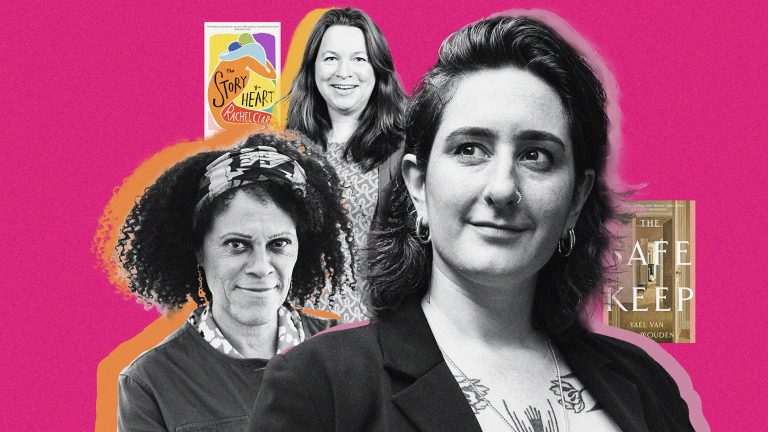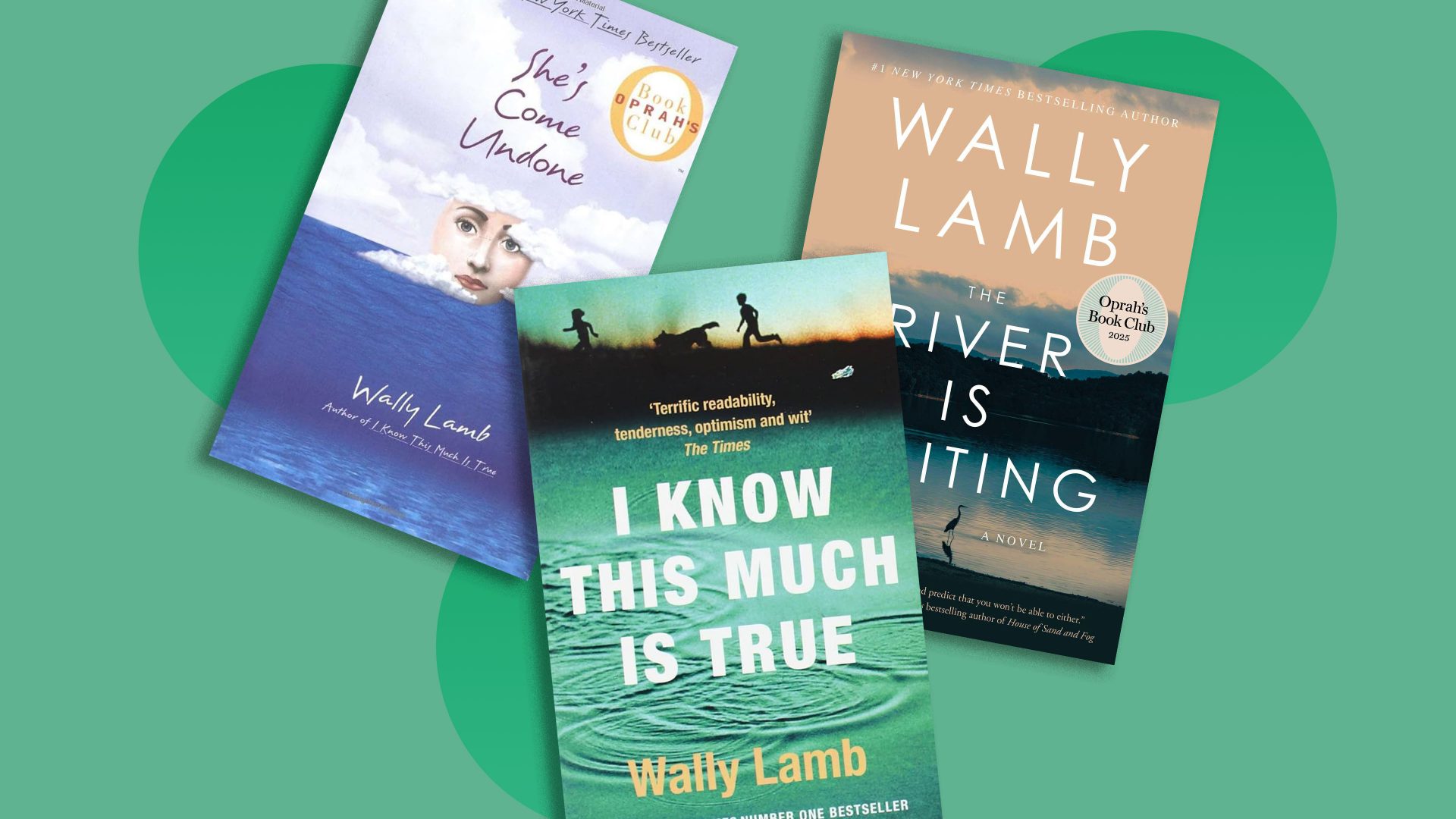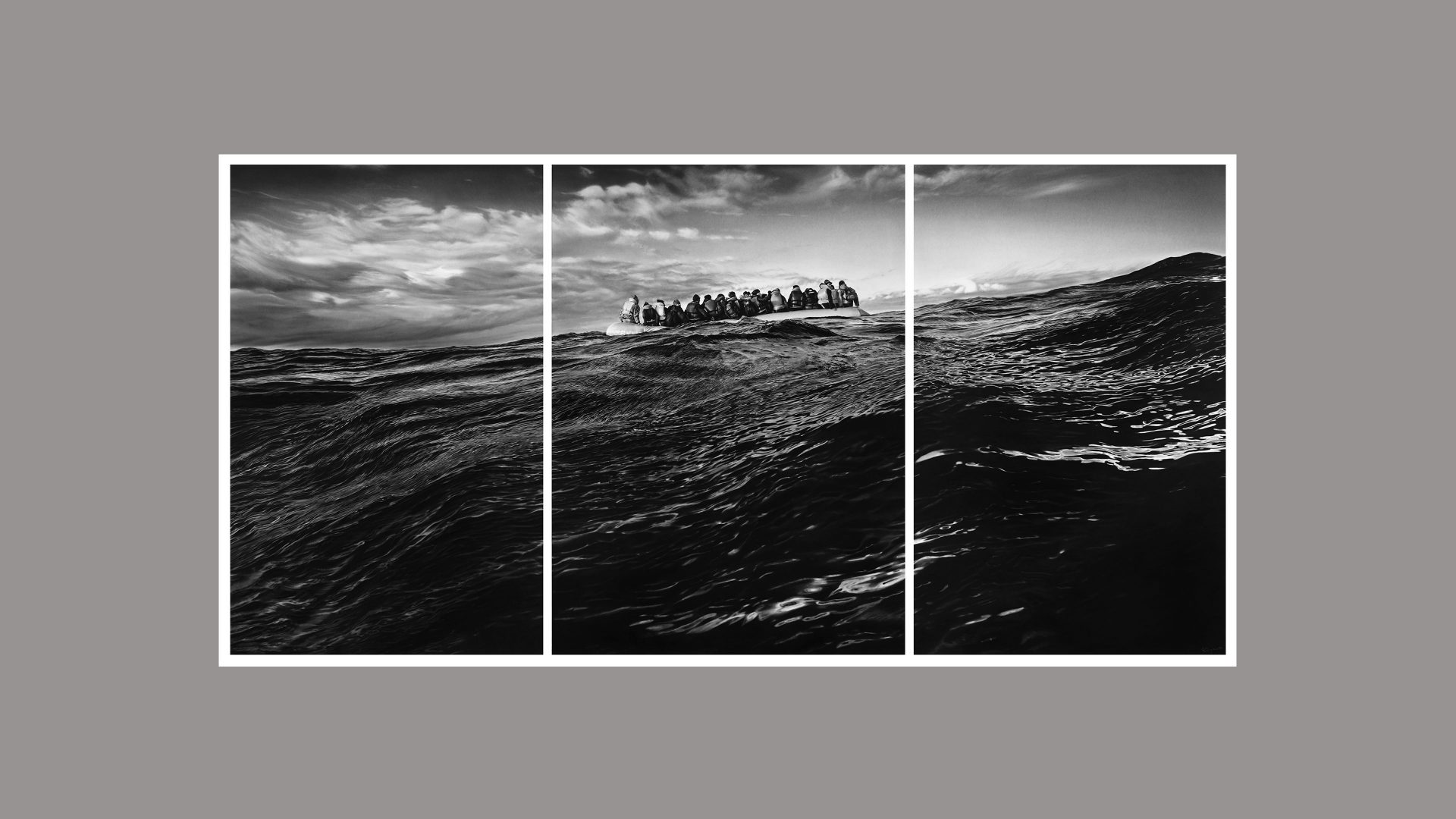As a bookworm teenager growing up in Philadelphia, Oprah Winfrey was my idol. When Oprah’s Book Club launched in 1996 as a segment of her then all-conquering TV show, I bowed at the altar. Twenty-nine years later, she is still selecting (now on her website) and there have been 115 picks. I’ve read 50 of them.
Getting chosen by Oprah for Book Club used to be the biggest event in an author’s career and indicated an immediate bestseller. Even problematic selections like the partly fabricated A Million Little Pieces didn’t change that. But as Oprah’s empire extended and became less reliant on TV, her book club also changed shape and lost some relevance.
The fourth book she chose, in December 1996, was She’s Come Undone by Wally Lamb, one of many times the Book Club introduced me to an author. As a teenager struggling with body image issues and dealing with sexual attention from grown men, I recall hearing Oprah rave about Lamb’s ability as a white cis male to embody the voice of an overweight young woman. My mother and I did not agree with this assessment, but discussed women’s complicated relationships with weight and our bodies. We’d already watched Oprah wheel out a wagon filled with the amount of fat she had lost on one of her very public weight fluctuations. Lamb spoke to Oprah’s own self-image more than I felt he was able to reach or capture me.
In June 1998, the 19th Oprah’s Book Club selection was This Much I Know Is True by the same author. I was 19 years old, living in Manhattan while interning on the movie Analyze This and subletting an amazing flat that was only affordable because it was above a funeral parlour and shared its foyer. One Saturday, I managed to lock myself on the roof with only a copy of This Much I Know Is True and read it in its entirety in about 10 hours.
To this day, that tale of twin brothers, one schizophrenic and the other continually trying and failing to compensate for his brother to the rest of the world, has stayed with me. It’s one of my 10 favourite books.
Suggested Reading


A love letter to the Women’s Prize
In June, Oprah’s 115th pick was Lamb’s The River Is Waiting for Me. Even my substantial reserve of Wally Lamb goodwill was unable to save it for me. The book is simultaneously over- and underwritten. Its protagonist, Corby Ledbetter, is a mid-30s artist struggling with unemployment and caring for his toddler twins while battling his own demons and addictions. The set-up and first quarter of the novel is gripping and abrasive, but then after a horrific accident, Ledbetter ends up in prison.
What follows is 300 pages of his prison experience that left me cold and distracted. Even though Lamb has spent years teaching writing at a prison in Connecticut, the book still slips into tropes from Oz and Orange Is the New Black without truly digging into the structures of power and abuse that flourish in jails.
His main character spends his time feeling sorry for himself with little or no self-awareness, no recognition of the throne of privilege he once sat upon. His pity party bored and irritated me.
Throughout the narrative, Lamb adds a good dose of sermonising and intermittent statements on race and mental illness, but none are substantive enough to carry a reader through to any fulfilling enlightenment. With a petulant protagonist who seems only vaguely interested in improving prison conditions but is given privileges to paint a mural in jail, the story so insular that any wide-reaching messaging or conclusions are lost within an individual’s quest for personal redemption.
I spent most of the book wishing his wife had the confidence and self-worth to have regretted falling for Ledbetter’s lazy love-bombing when he was courting her. His self-flagellation got as stale as her commitment to the marriage.
For a much better take on the damage incarceration does to a relationship, I recommend An American Marriage by Tayari Jones. By chance, in 2018, it was also one of Oprah’s Book Club selections.
Jamie Klingler is co-founder of Reclaim These Streets and founder of London Book Club




